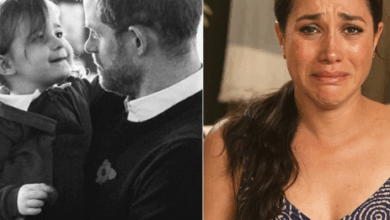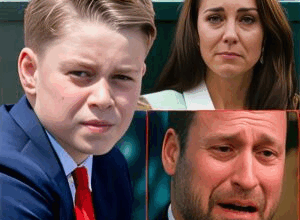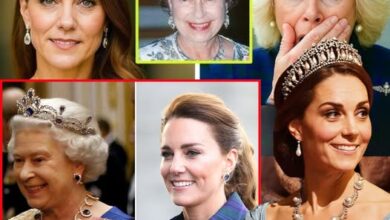The Night Silence Spoke Louder Than Fury: How Prince William’s Quiet Walk Changed the Palace Forever
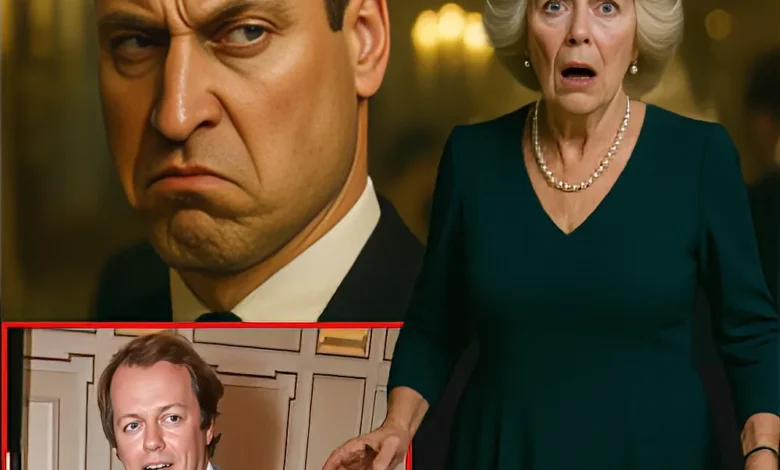
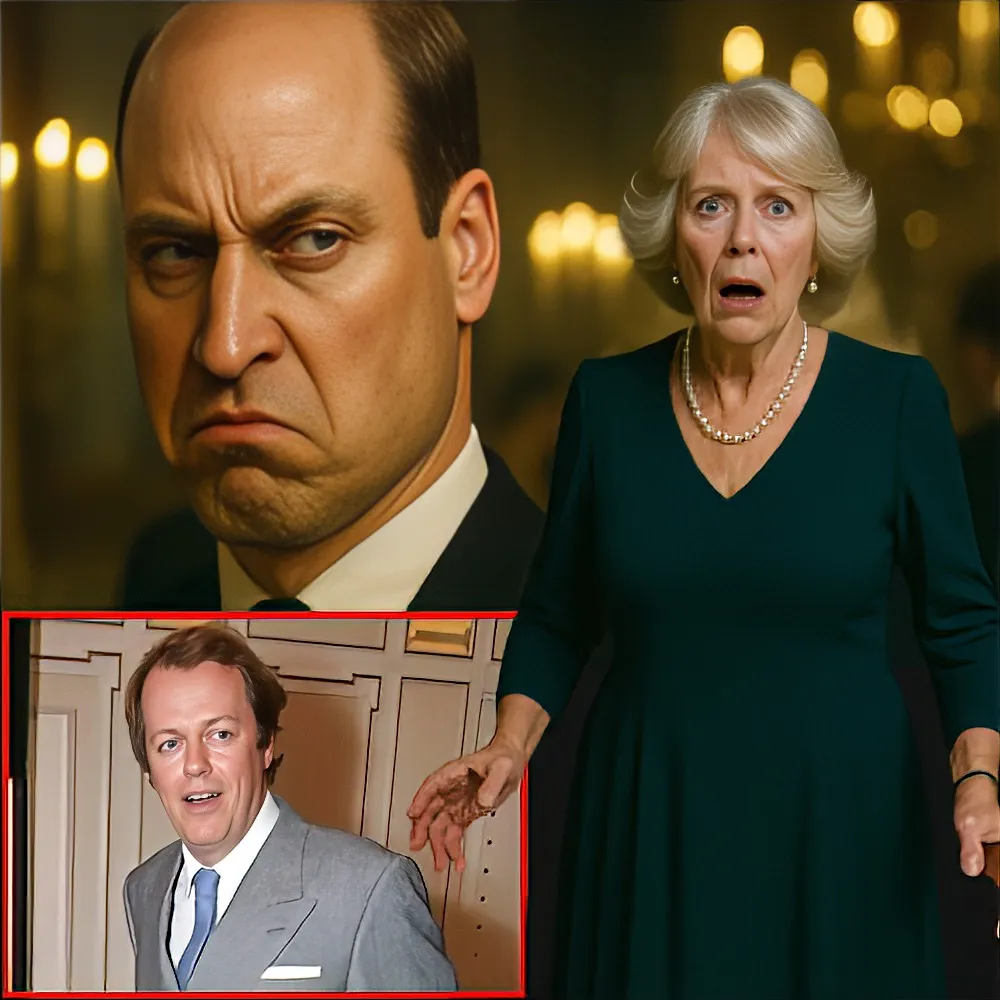
It was supposed to be one of the most dazzling nights of the royal calendar — a grand gala shimmering with gold light, the soft clink of crystal glasses, and the rustle of gowns worth more than most homes. Royal tradition was on full display, a portrait of timeless elegance. But in the middle of that glitter, a single moment turned the atmosphere cold.
When Camilla’s son, with an air of misplaced boldness, publicly humiliated Prince William, the crowd seemed to freeze. It wasn’t just the insult — it was where and to whom it was delivered. The future King of England, standing beneath chandeliers that had witnessed centuries of monarchs, found himself the target of a stinging, very public slight.
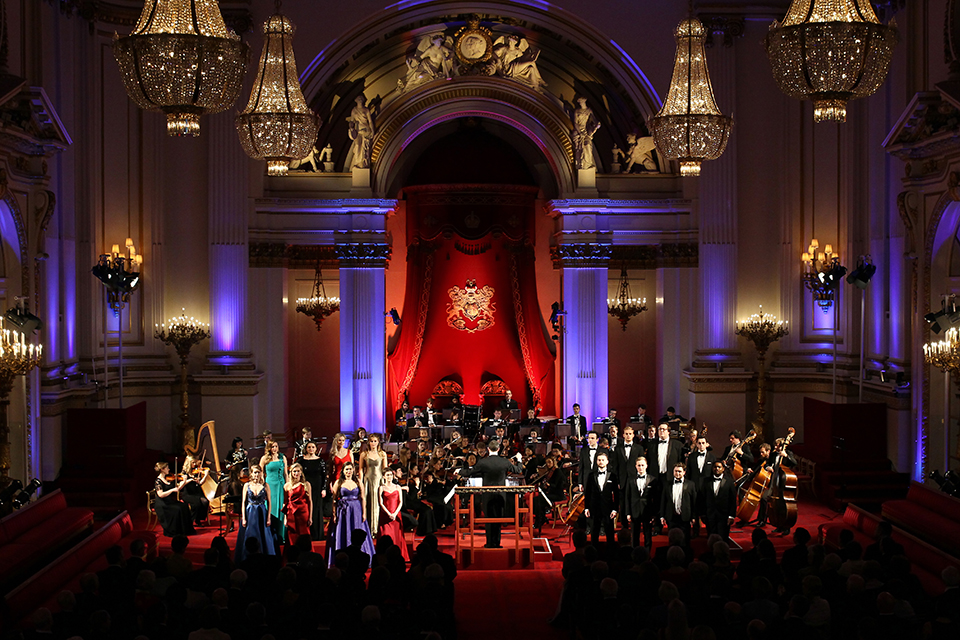
Gasps rippled through the room. A few faces turned away, as though refusing to witness what had just happened. Others stared, waiting for the heir to the throne to deliver the sharp, cutting reply they believed was inevitable.
But it never came.
William did not take the bait. He didn’t raise his voice. He didn’t even allow the flash of anger in his eyes to linger. Instead, with the poise of a man who has learned that dignity is sometimes the sharpest sword, he stood, looked straight ahead, and walked away.
That was it. No theatrics. No public defense. Just a measured silence that cut deeper than any words could.
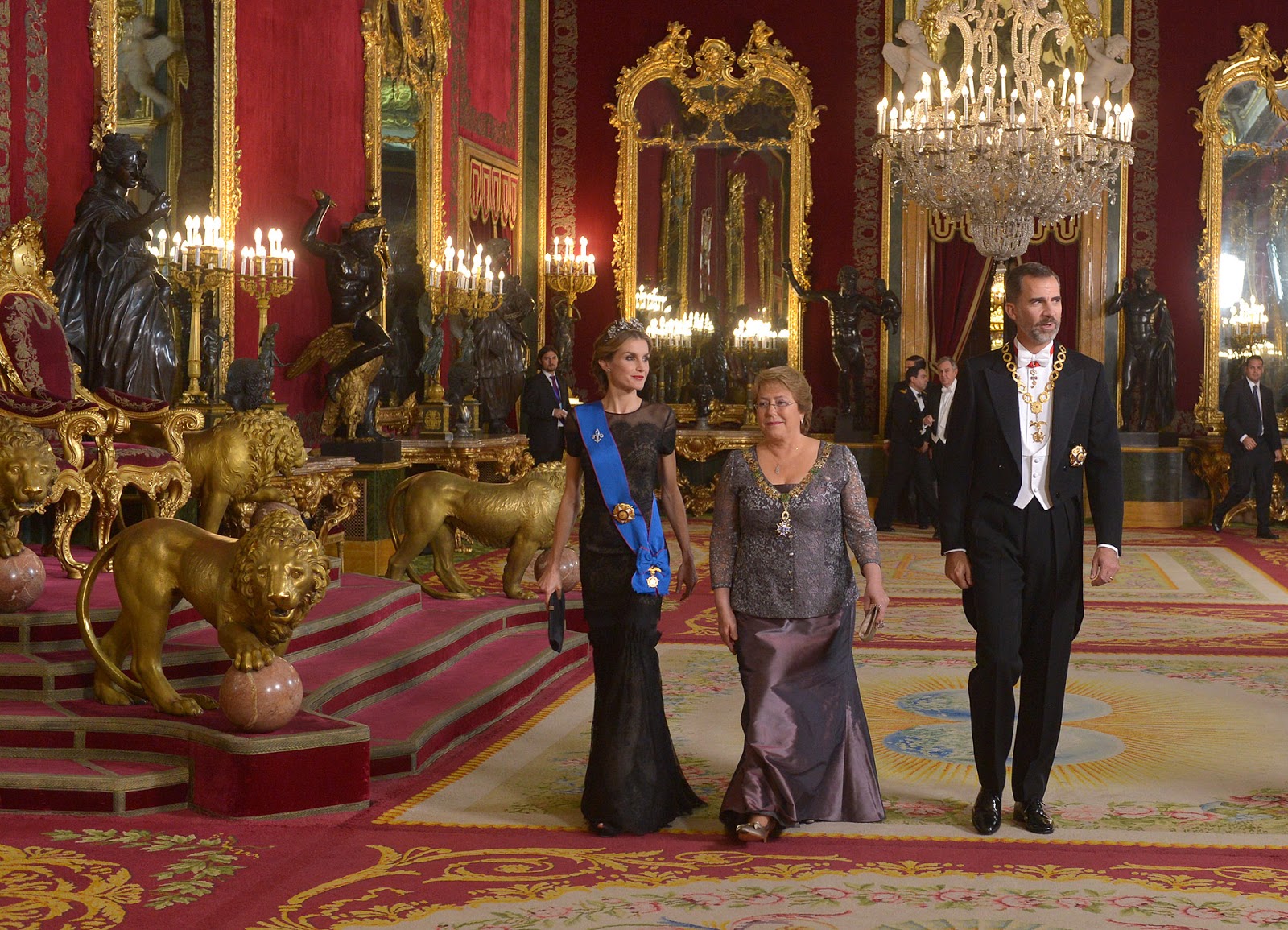
And yet, that simple act — or perhaps, that refusal to act — was far from passive. Within the palace walls, it sent shockwaves. Silence, in this case, was not retreat. It was strategy.
By the time the evening drew to a close, quiet but decisive movements were already underway. Princess Anne, the King’s sister known for her no-nonsense approach and loyalty to the crown, stepped in. She was not there to mediate or smooth egos. Her purpose was sharper, more final. Those without royal blood who had begun to weave themselves too tightly into the machinery,
In the days that followed, staff changes were made behind closed doors. Invitations were quietly withdrawn. Lines of influence were redrawn with a precision that only those born into the institution could wield.

But perhaps the most pivotal moment of that night wasn’t witnessed by the glittering crowd or captured by the photographers stationed discreetly at the edges of the ballroom. It was a brief, almost imperceptible exchange — a few whispered words between William and King Charles.
What passed between father and son will likely never be made public. But whatever was said, it was enough to shift the balance of power in ways Camilla could feel.
For years, she had built her position with careful calculation. She had endured public criticism, weathered scandal, and climbed to the role of Queen Consort. Yet in that single evening, without a raised voice or a public confrontation, she understood something chilling: the throne — or at least the influence surrounding it — was not hers to hold forever. It could, and perhaps already had, slipped away.

There were no front-page scandals the next morning, no fiery headlines screaming about a royal feud. But for those who knew how to read the undercurrents of palace life, the message was clear.
The future of the monarchy is not shaped only by titles or crowns. It is forged in moments like these — when restraint is power, when silence is a statement, and when walking away can change everything.
That night, Prince William reminded the world of a truth as old as the institution he will one day lead: in a realm where every word is weighed and every move watched, sometimes the most dangerous and decisive thing a man can do… is say nothing at all.

